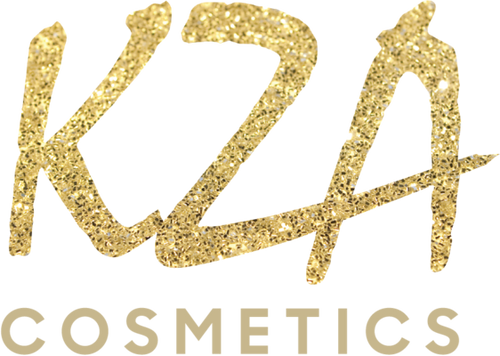What Does Cruelty-Free Mean
Why Should You Be Using Cruelty-Free Products?
Today’s target beauty consumers prioritize ethics just as much as they value well-performing products. As such, whether you’re a makeup enthusiast or skincare expert, you’ve most likely heard the industry term “cruelty-free.”
You know firsthand how challenging it can be to navigate the ever-growing market for reliable products that are environmentally conscious while also looking and feeling great on your skin. Many questions can arise during the shopping process.
What are the origins of the products you’re spending your money on?
What does cruelty-free mean?
In this article, you’ll learn:
- What the team “cruelty-free” really means
- Why you should be purchasing and using cruelty-free products
- Alternative, modern testing methods that ensure the safety of cosmetics in today’s market
What Does Cruelty-Free Mean?
According to Public Goods, the U.S. Food and Drug Administration does not have a legal definition for the term “cruelty-free,” meaning brands may use the language however they see fit.
While ironic to label a product in high ethical regard without a standard definition, it’s not as complicated as it may seem! In general applications, “cruelty-free” refers to a product and its ingredients that is neither tested on animals nor causes harm to them in any way.
A brand can use the term however they want to promote products, with the intention of attracting and enticing environmentally conscious consumers. These socially conscious shoppers are (most likely) more willing to spend money on clean-origin products compared to those that don’t consider ethical issues when shopping for cosmetics and skincare.
In today’s beauty market, many companies commonly promote their entire brand as “cruelty-free” instead of marketing individual items as such. From a moral and social standpoint, creating an ethically-driven brand implicates reliability, trust, and environmental responsibility— a lot of vital factors that younger consumers, like Millennials and Generation Z, are looking for when shopping.
Why Should I Be Using Cruelty-Free Products?
Let’s be real, who doesn’t adore animals? The cruel and unfair treatment of animals is an outdated and unjust safety testing method, which is why many consumers are making the switch to cruelty-free products.
Innovative technologies and evolving customer ethos allow cruelty-free products to thrive in the vast beauty industry. Although socially conscious cosmetics are steadily increasing in popularity, it’s not unusual to wonder that if these products are not tested on animals, are they tested at all?
Because of the un-refined definition of the term and the lack of requirement surrounding safety-testing on animals (that’s right, the FDA does not require cosmetic products to be safety-tested on animals), it may seem complicated to be sure that the cruelty-free makeup and skincare products you use are actually safe.
Product-Safety Testing Alternatives
However, the rise of cruelty-free origins and branding bred more modern, innovative safety-testing solutions to replace antiquated animal-testing methods.
According to Kate Somerville Skin Health Experts, product-safety testing alternatives include:
- Cell and tissue cultures
- Well-developed computer and mathematical models
- Exposing cells to ingredients outside of the body, known as in vitro testing
- Human Organs-on-Chips testing from Harvard’s Wyss Institute— chips mimic the function of human organs, so drug, ingredient, and toxicity testing can take place in a controlled state
- Micro-dosing— human volunteers receive a minimal one-time dose to collect information on how the body reacts
- Formulation of products with already-tested, safe ingredients
In today’s day and age, the “cruelty-free”-labeled cosmetics you purchase have most likely been safety-tested using alternative methods like the ones listed above—all the more reason to trust in cruelty-free products and integrate them into your beauty routine.
However, it’s always nice to go the extra mile to make sure your favorite companies and products stand by what they’re marketing and labeling themselves as.
Peta2’s Statement of Assurance
To ensure a brand is giving accurate information despite no legal definition for the term, Peta2 allows companies to sign a Statement of Assurance. According to PETA, this assurance verifies “that neither they nor their ingredient suppliers conduct, commission, or pay for any tests on animals for their ingredients, formulations, or finished products anywhere in the world and won’t do so in the future.”
Check out PETA’s Beauty without Bunnies database to confirm that your favorite company is cruelty-free and does not support nor practice animal cruelty and harmful product testing.
Shop KZA Cosmetics: Cruelty-Free Products Made with Women in Mind
At KZA Cosmetics, our mission is to present you with a full product line of clean, cruelty-free cosmetics that are easy to use. We believe in being kind, adding value, and giving back, and our products speak to those values. After learning more about what cruelty-free really means and discovering why you should use safe, alternatively tested cosmetic products, KZA Cosmetics is here for you!
Explore our range of clean product lines and get shopping! We can’t wait to empower you with our vegan and cruelty-free cosmetics.


